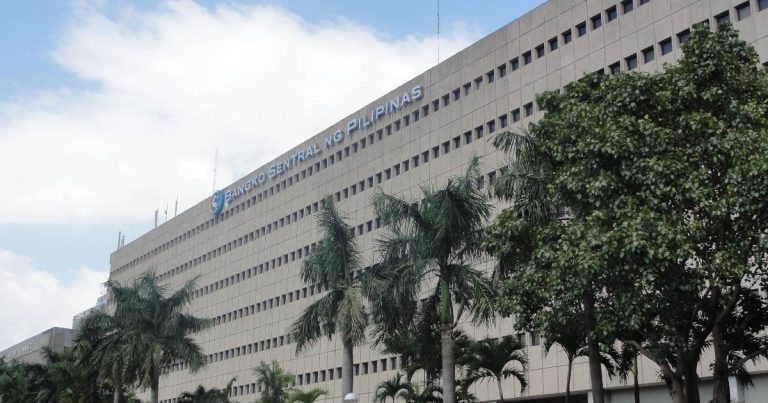15-8-2023 (MANILA) The Philippine central bank is expected to maintain its key interest rate at 6.25% for the third consecutive meeting on Thursday, according to a Reuters poll. The bank is predicted to keep rates at that level for the rest of the year to evaluate the impact of previous rate hikes on inflation.
Inflation in the Southeast Asian country has gradually slowed to 4.7% in July from a peak of 8.7% in January, which is close to the central bank’s target range of 2-4%. However, core inflation, which removes food and energy prices, has remained relatively steady. The country’s economy contracted 0.9% quarter-on-quarter in the second quarter.
Since May 2022, the Bangko Sentral ng Pilipinas (BSP) has raised rates by 425 basis points. Last Thursday, it reiterated its expectation that inflation would fall to within the target range in the fourth quarter. All but one of the 20 economists surveyed by Reuters between August 7-14 predicted that the BSP would keep its overnight borrowing rate at 6.25% on August 17. One economist predicted a 25 basis point rate hike.
The majority of respondents, or 15 out of 19, predicted that rates would remain at 6.25% for the rest of the year, with three predicting a cut by the end of 2023, while one predicted that rates would end 2023 at 6.50%. “A rate cut will be BSP’s next move…however, the timing may be delayed if inflationary pressures prove sticky,” said Lavanya Venkateswaran, senior ASEAN economist at OCBC Bank.
According to the poll, 12 out of 17 economists who offered views on rates until the end of Q1 2024 predicted that the BSP would cut rates to 6.0% or lower in the first quarter of 2024. The remaining five expected rates to remain at 6.25%.
The BSP had previously followed interest rate hikes from the U.S. Federal Reserve, but has taken its own path since May by keeping rates steady. However, the Philippine peso has weakened nearly 2% this year, which could lead to higher imported inflation.
Higher global food and fuel prices could further skew inflation forecasts, particularly given the significant weight of rice in the CPI basket.




